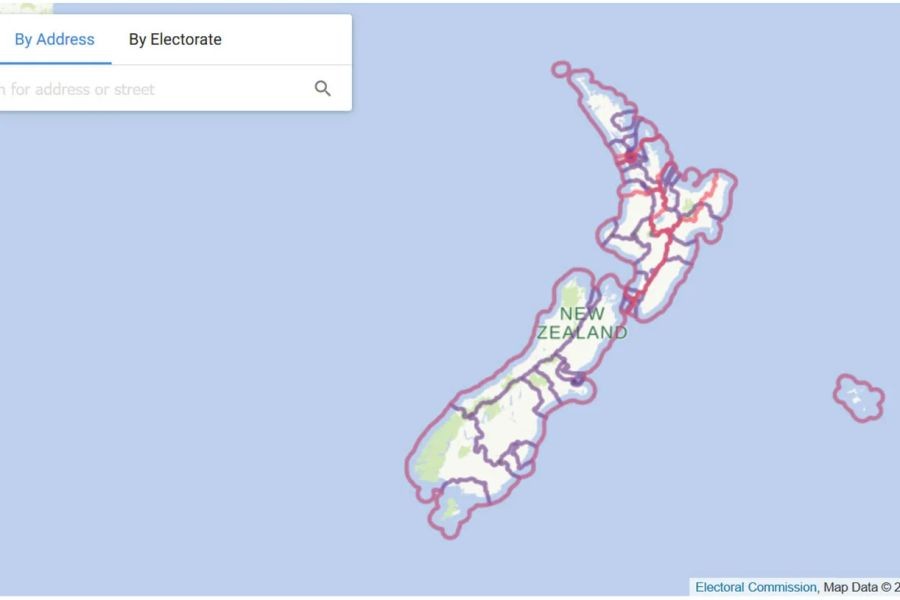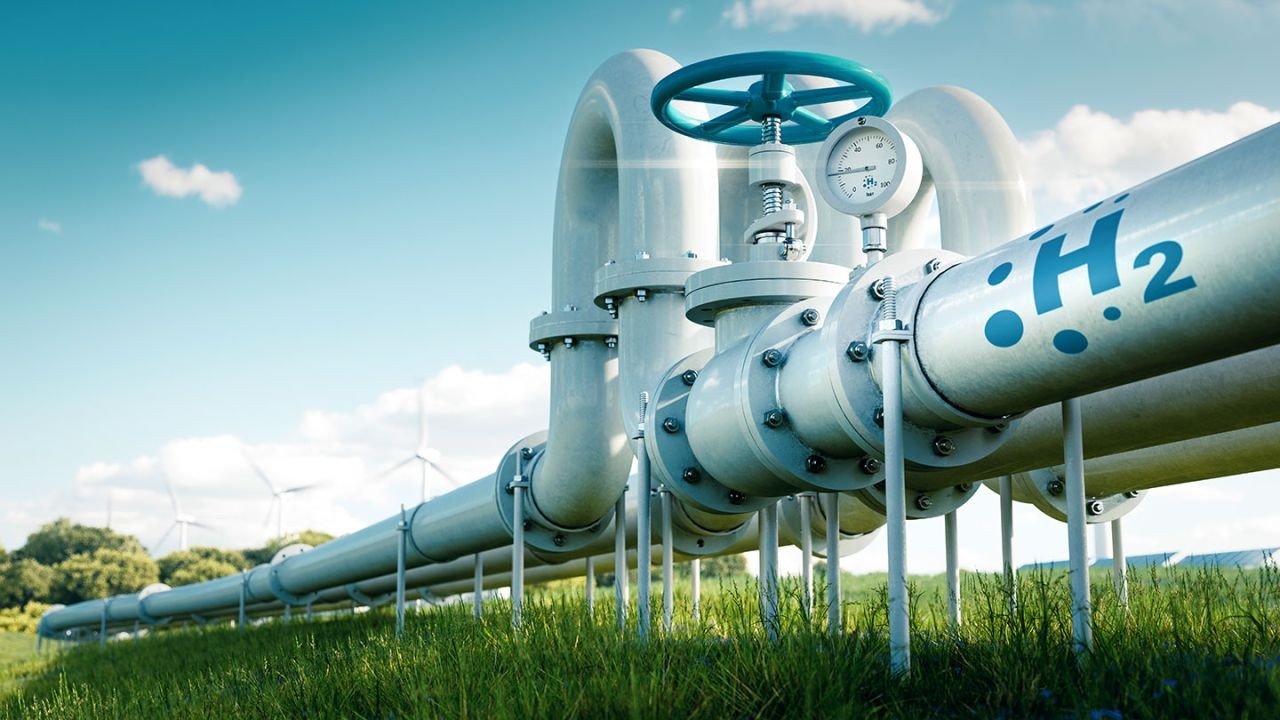In an ever-evolving global economy, commodities like oil and gas have consistently emerged as attractive investment options, especially for those looking to diversify their portfolios. For New Zealanders, understanding the nuances of commodity investment is crucial given the country’s unique economic landscape and its evolving energy policies. This article delves into the intricacies of investing in commodities like oil and gas, providing insights tailored to the New Zealand context, complete with expert perspectives and real-world examples.
Understanding Commodity Investments
Commodity investments involve buying physical goods or investing in financial products tied to those goods, such as futures contracts or exchange-traded funds (ETFs). Oil and gas are particularly prominent due to their global demand and market volatility. However, investing in these commodities requires a nuanced understanding of market dynamics, geopolitical influences, and environmental considerations.
Relevance to New Zealand's Economy
New Zealand’s energy sector plays a significant role in its economic framework. According to the Ministry of Business, Innovation and Employment (MBIE), the energy sector contributed approximately NZD 6 billion to the GDP in 2022. Despite New Zealand’s focus on sustainable energy, oil and gas remain pivotal due to their role in exports and industrial consumption. Thus, investing in these commodities can be a strategic move for Kiwi investors, provided they understand the market complexities.
Case Study: Z Energy's Strategic Adaptation
Problem: Z Energy, a major player in New Zealand’s fuel industry, faced challenges due to shifting consumer preferences towards renewable energy and fluctuating oil prices.
Action: To address these challenges, Z Energy diversified its portfolio by investing in biofuels and electric vehicle charging infrastructure. This strategic pivot was aimed at aligning with New Zealand’s renewable energy goals.
Result: Within two years, Z Energy reported a 15% increase in revenue from sustainable energy ventures, demonstrating the potential of diversifying within the energy sector.
Takeaway: This highlights the importance of adapting to market trends and embracing diversification, a lesson applicable to any investor looking to enter the commodities market.
Key Considerations for Kiwi Investors
- Market Volatility: Oil and gas prices are subject to geopolitical tensions and policy changes. Historically, these commodities have seen fluctuations of up to 50% within a year.
- Regulatory Environment: New Zealand’s commitment to a low-emission economy could impact the long-term viability of fossil fuel investments. Investors should stay informed about government policies and global environmental agreements.
- Diversification Strategy: Investing solely in oil and gas is risky. A diversified portfolio that includes renewable energy stocks and commodities can mitigate risks and offer balanced growth opportunities.
Myths and Misconceptions
- Myth: "Oil and gas investments guarantee quick profits." Reality: While they can be lucrative, the market is unpredictable. Research from Stats NZ indicates that only 25% of commodity investors see immediate gains.
- Myth: "Oil and gas are outdated investments due to green energy." Reality: Despite the shift towards renewables, oil and gas remain essential, accounting for 58% of global energy consumption as per the International Energy Agency.
Future Trends and Predictions
Looking forward, the global energy landscape is poised for transformation. A report from Deloitte predicts a 30% reduction in fossil fuel reliance by 2030, driven by advancements in renewable technologies. For New Zealand, the government’s Emissions Reduction Plan underscores a commitment to carbon neutrality by 2050, which will inevitably influence investment strategies.
Conclusion
Investing in commodities like oil and gas presents both opportunities and challenges. For New Zealand investors, understanding local market dynamics, regulatory changes, and global trends is crucial. As the country moves towards sustainability, investors should consider diversifying their portfolios to include renewable energy investments alongside traditional commodities.
Ready to explore commodity investments? Stay informed, diversify, and consider the broader economic and environmental implications. Share your thoughts or questions below and join the conversation.
People Also Ask
- How does investing in oil and gas impact New Zealand’s economy? Investments in oil and gas contribute significantly to New Zealand’s GDP, with the energy sector accounting for NZD 6 billion in 2022, according to MBIE.
- What are common misconceptions about oil and gas investments? A prevalent myth is the guaranteed quick profit. However, research from Stats NZ shows that only 25% of investors see immediate gains.
- Who benefits the most from oil and gas investments? Institutional investors, energy companies, and diversified portfolio managers stand to benefit by leveraging market trends for long-term gains.
Related Search Queries
- New Zealand oil and gas investment
- Future of energy investments in NZ
- Commodities market trends 2024
- Renewable energy vs. fossil fuels NZ
- Investing in NZ energy sector

































kindra64r92593
10 months ago